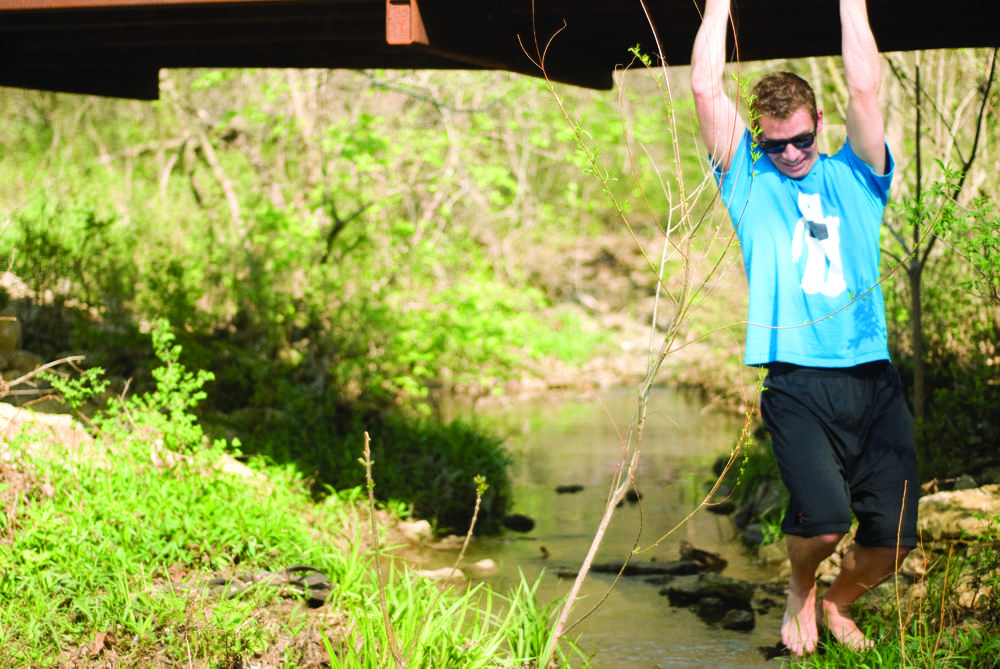Why are we afraid? What has happened?
There was a time in our country when people would hitchhike thousands of miles across our seemingly endless, beautiful American landscape. They had no plan, no 401(k), no “Crackberrys” and no reservations. No mace, knives or self-defense. All they had was the shoes on their feet, the shirts on their backs and maybe some money (just ask the father of folk rock).
Fast-forward 40 years. My friend has to turn his phone off because his parents have GPS tracking, teens are afraid to go anywhere by themselves and MTV no longer plays music. People worry more about who is watching them than what they are watching on their TV, the gateway to our minds for the fearmongers (yes, you, cable news networks). There is a whole genre of music dedicated to whining and complaining about how miserable life is, and how the world can’t possibly get any worse.
Well, it could. You could get torn out of bed by a Somalian gunrunner one night and watch as your whole family is slaughtered and then work the remainder of your adolescence in a mine shaft.
There are people in the world who spend more time in panic rooms than we spend in classrooms. And, in our classrooms, a sizeable percentage of students waste the mostly free, quality education they are provided. I’m not saying I haven’t dozed off in the middle of some relativistic physics. I’m just saying it could be worse.
When I turn on the TV in the morning, while I try to drag myself out of bed, I like to watch the news. Not because it is important to know how badly the Royals lost the night before, but because I enjoy the ambient noise. The problem is, as a newlyborn optimist, it has become harder and harder to digest what is spewed from the newsroom. I won’t say that bad things never happen, because they do. It just seems like the ratio of good news vs. bad news that is actually reported is slightly unbalanced, like Weeman-vs.-Shaq-on-a-seesaw off-balance.
And, as an optimist, I like to believe that most reasonable people are inherently good. If you took someone and never let them watch TV, never let them listen to music or read a newspaper and let them live a life of peace and quiet on a farm or an island somewhere in total seclusion, they would probably turn out to be a nice person. “Nice”, being that they won’t try to kill your or rape you and then cut you up into pieces, like the police-sketch celebrities on the 6 o’clock news every night.
Despite that any of these awful things could happen, what I’m trying to say is don’t be afraid to take risks.
I recently traveled to Vancouver, British Columbia, by myself. It took 13 hours and 2,500 miles of flights and bus rides, so I didn’t actually get into the city until around 10 p.m. I got off the bus, exhausted, smelly and drained, but at the same time exhilarated. Here I was, an insignificant cog in the ever-turning gears of civilization, but I felt like I could accomplish anything. I was in the middle of a city that I knew nothing about, but I wasn’t afraid, because I didn’t think about BTK, or 9/11 or all the killers in Gitmo. If someone had really wanted to kill me, there’s not mucj I could’ve done about it.
So why should I have worried about? Why do people worry so much about things out of their control?
Society itself is not the only thing that people sometimes fear without reasoned, though it may be the most common. Humiliation, failure, losing someone or something, those are all common fears. But living with these fears can be just as detrimental, if not worse, than death itself. How could anyone ever compete in a sporting event if they were afraid of failure? There would be no upsets because the big dog would scare off the underdog. No one would ever publish anything, and there would be no music because everyone would be scared of the one negative review that humiliates them. We can’t be too afraid to take risks.
Anyone who has invented anything, wrote a great song or book or won a first-place trophy has had to take some kind of risk. When the first people climbed Mt. Everest or went to the moon, they had no idea what was going to happen to them. But they knew that if they accomplished what they had set out to do, any hardships they faced would be worth it. They had to suck it up and overcome their fears at some point, however cliche that may sound.
This is the same message that you have probably been told your whole life, by coaches, teachers, your parents and everybody else. It’s one of those things that you hear so many times that you don’t really think about it anymore.
Like saying the Pledge of Allegiance or praying before each meal.
Maybe now is the time to we take that lesson to heat and embrace risk and opportunities and make something of ourselves. The Millenial Generation has been somewhat of a bummer so far. We’ve had our share of tragedies, but we need to do something incredible. The 1960s had civil rights and Vietnam, Woodstock, JFK, Mandela, Muhammad Ali, Star Trek and the moon. The ‘70s were all right, the ‘80s a bunch of bad architecture, Thriller and PacMan, and the ‘90s just had the Fresh Prince. I say we take a lesson from the Baby Boomers. It’s time to make “it” happen. Right now it looks like we are going to have some serious issues to face: global warming, the economy, pop music. We need to stop worrying and start doing or else we’ll all wake up one day when we’re 40 and think, “Man, where did my life go?”
Most of us are already 20 percent gone . Don’t sit back and wave at the other 80 as it flies by.

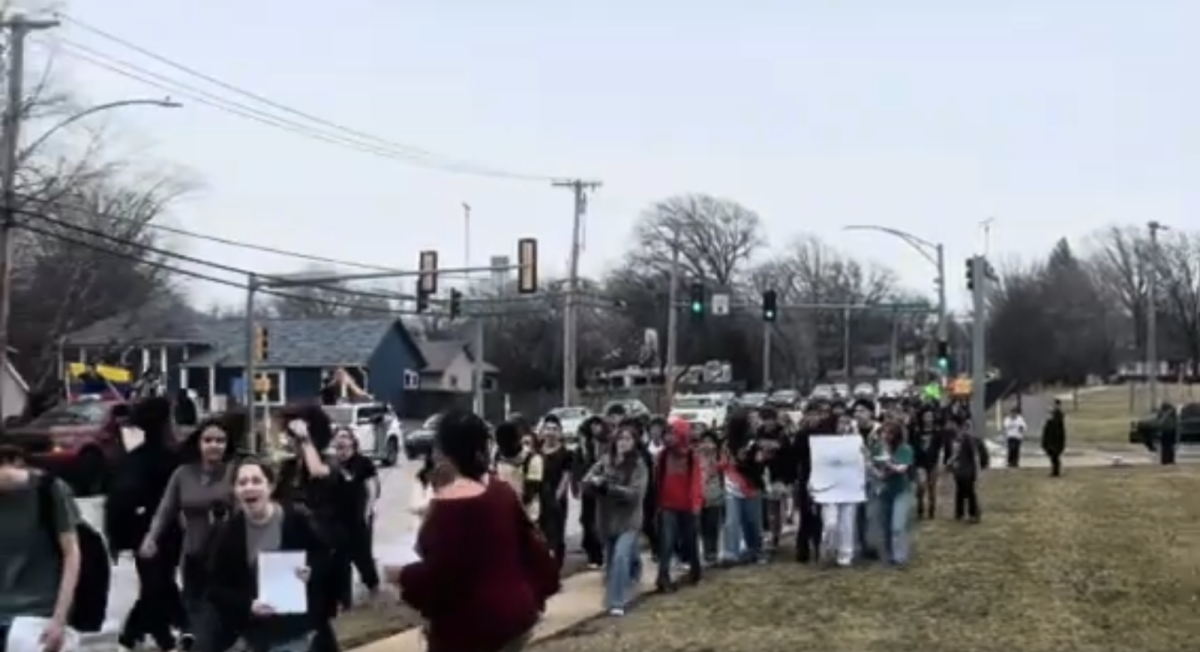

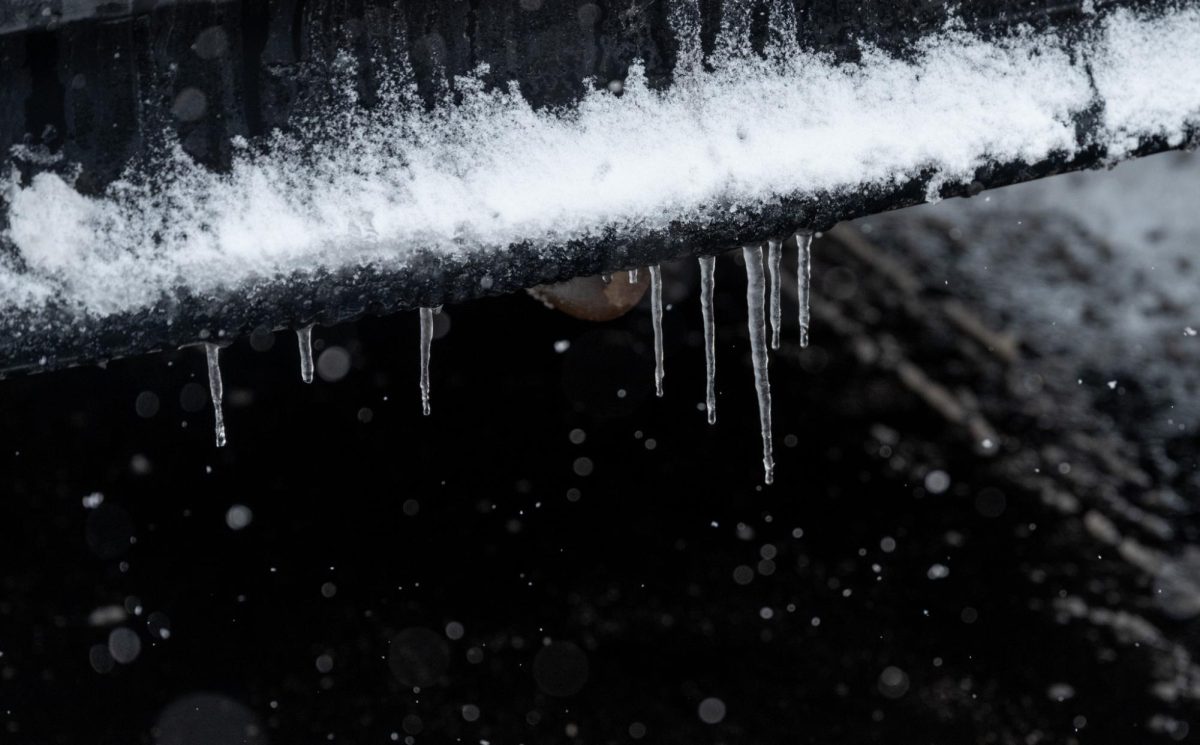

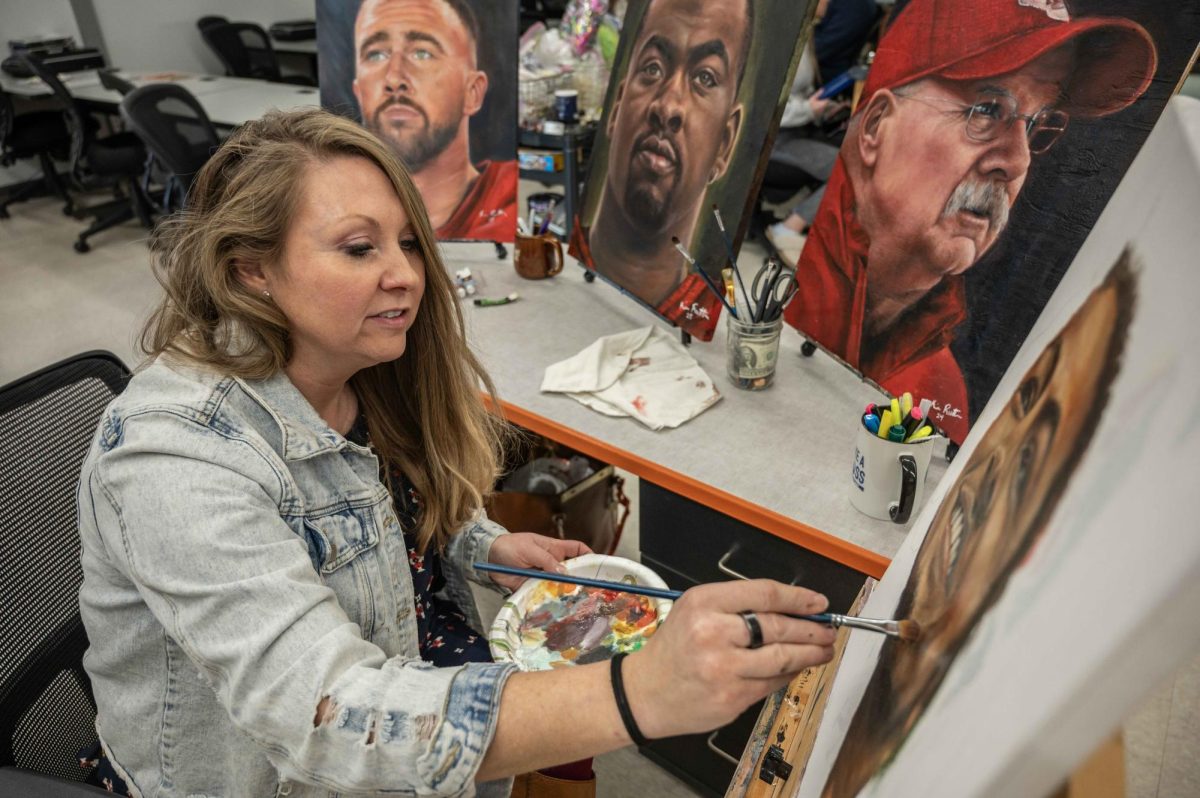
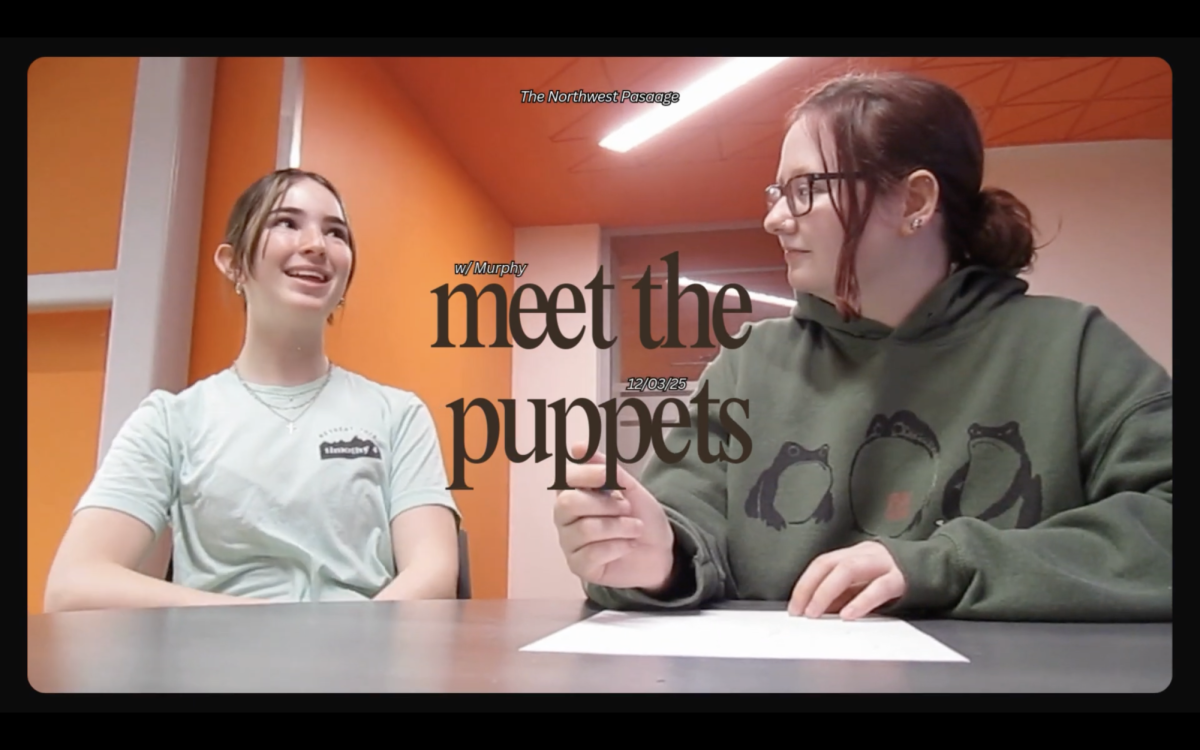
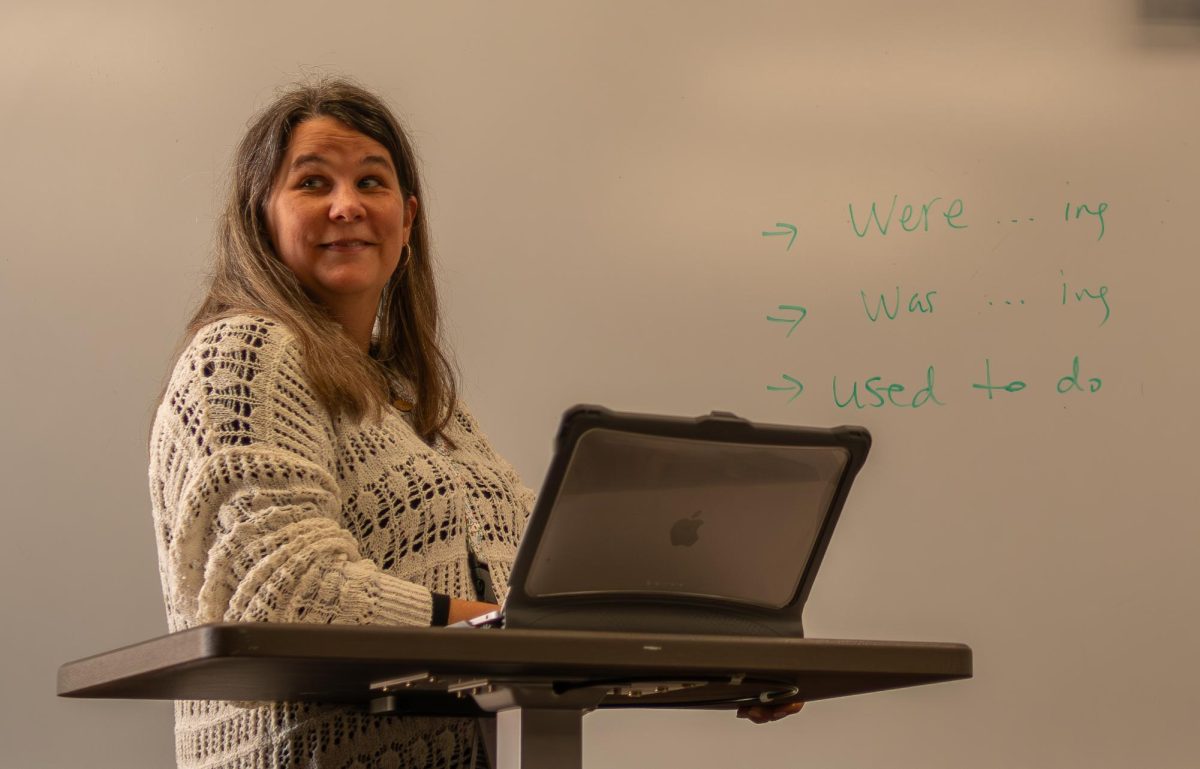
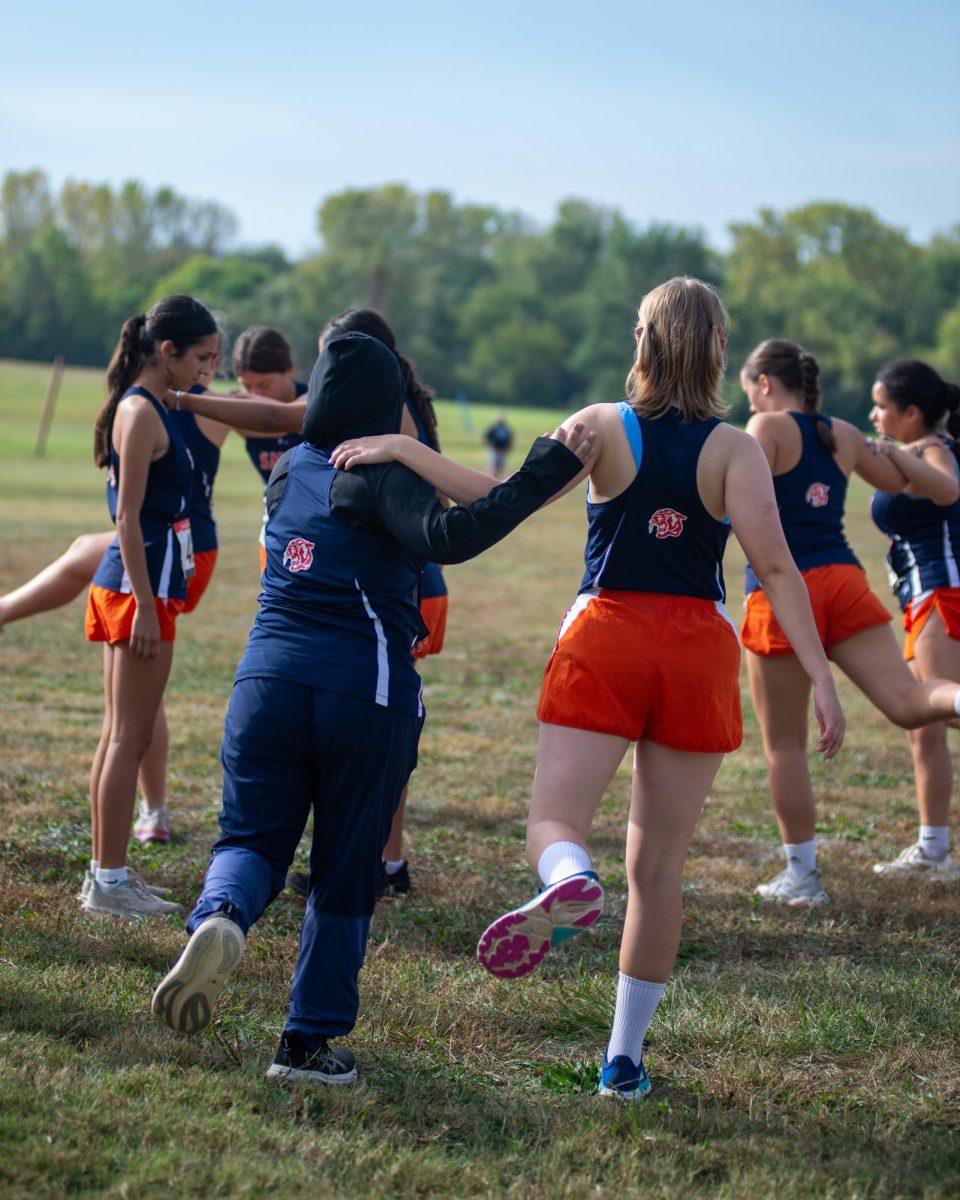
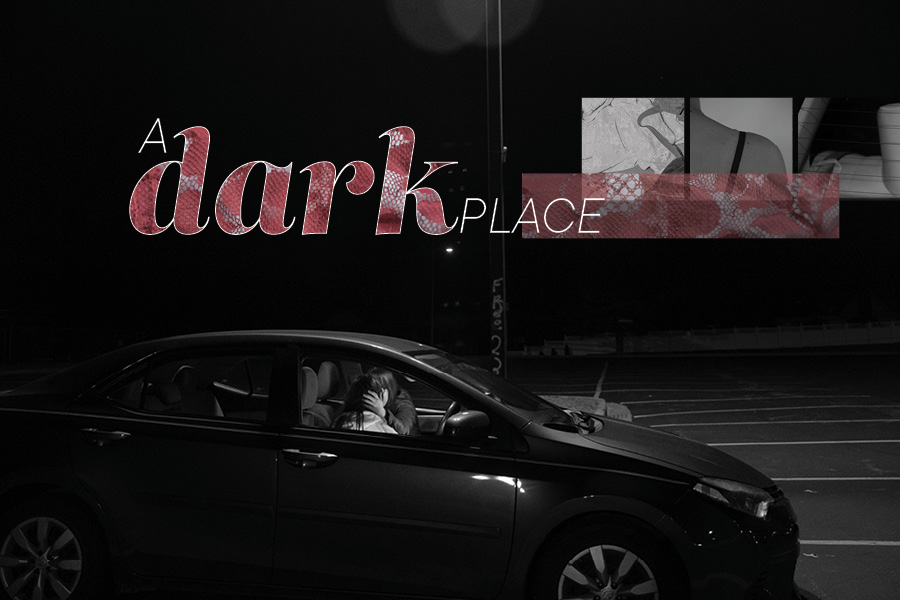
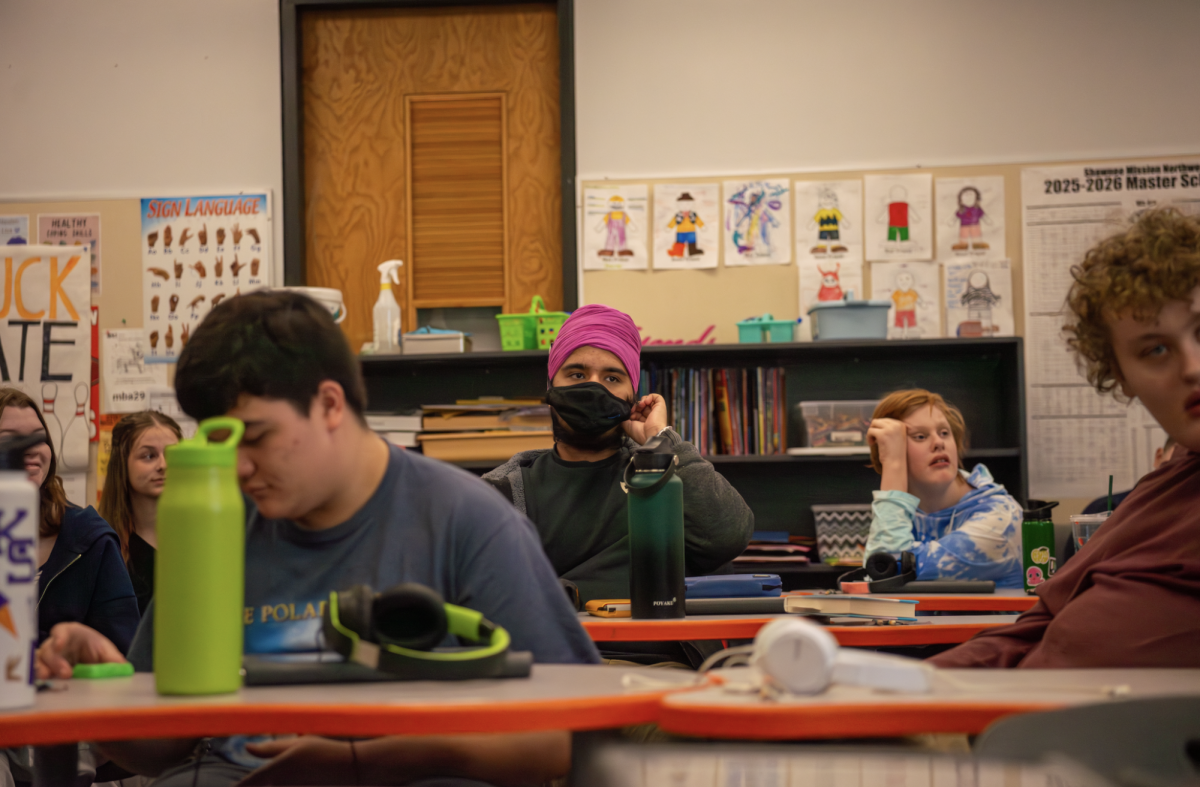
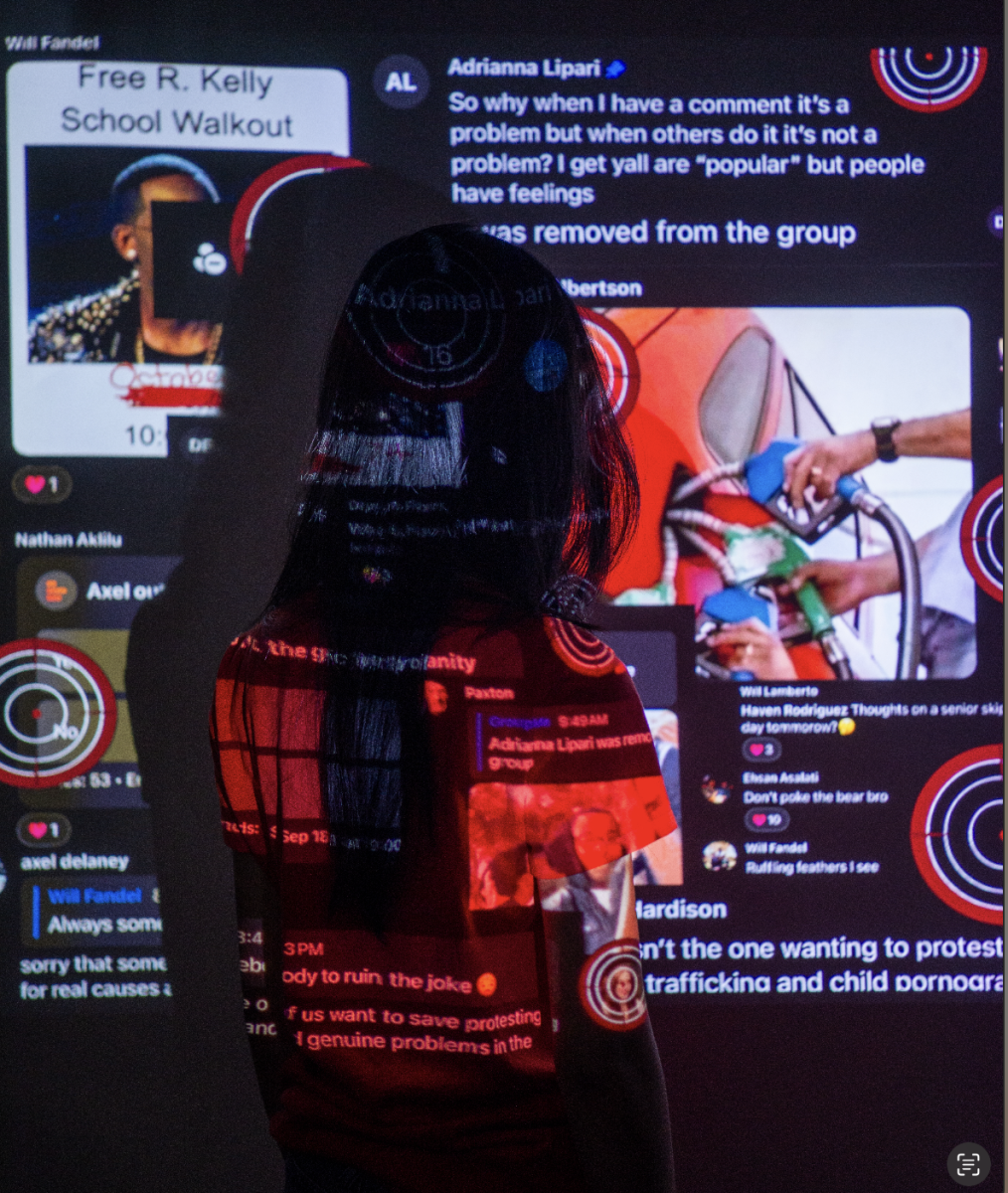
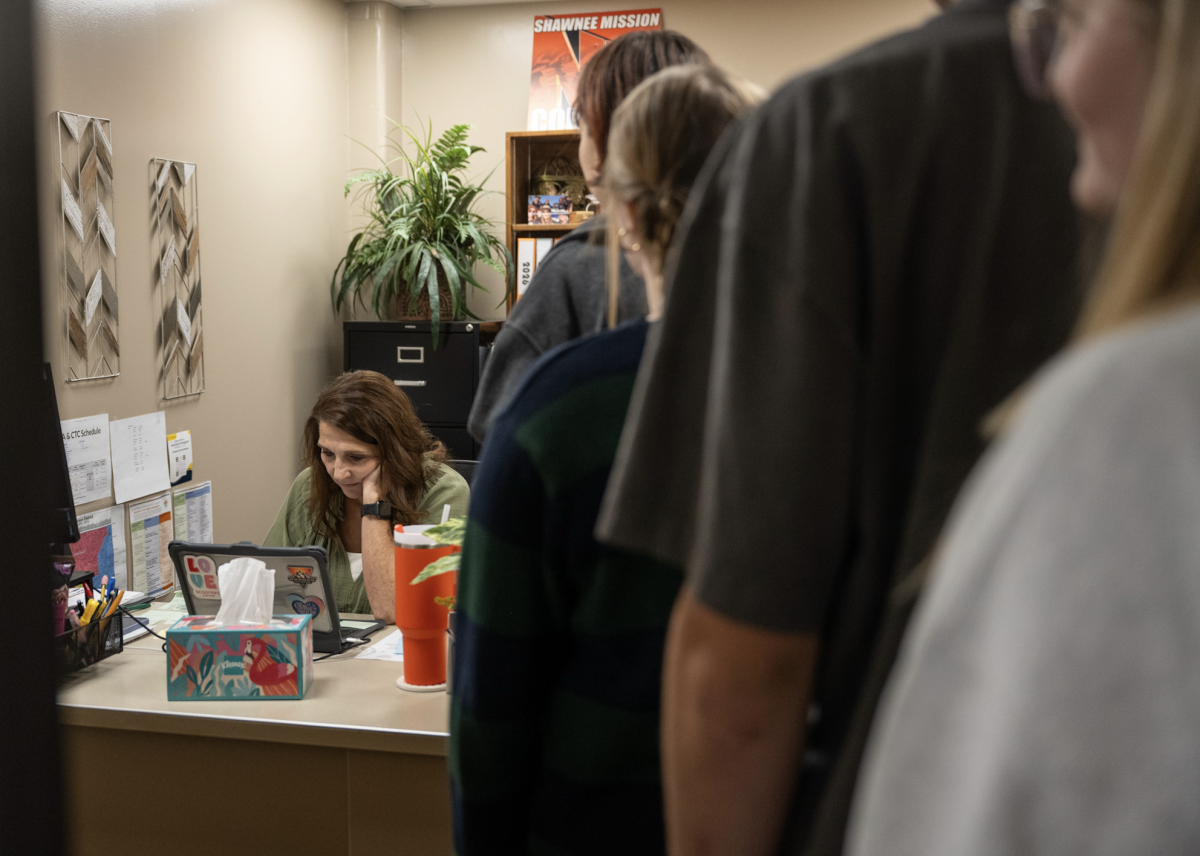



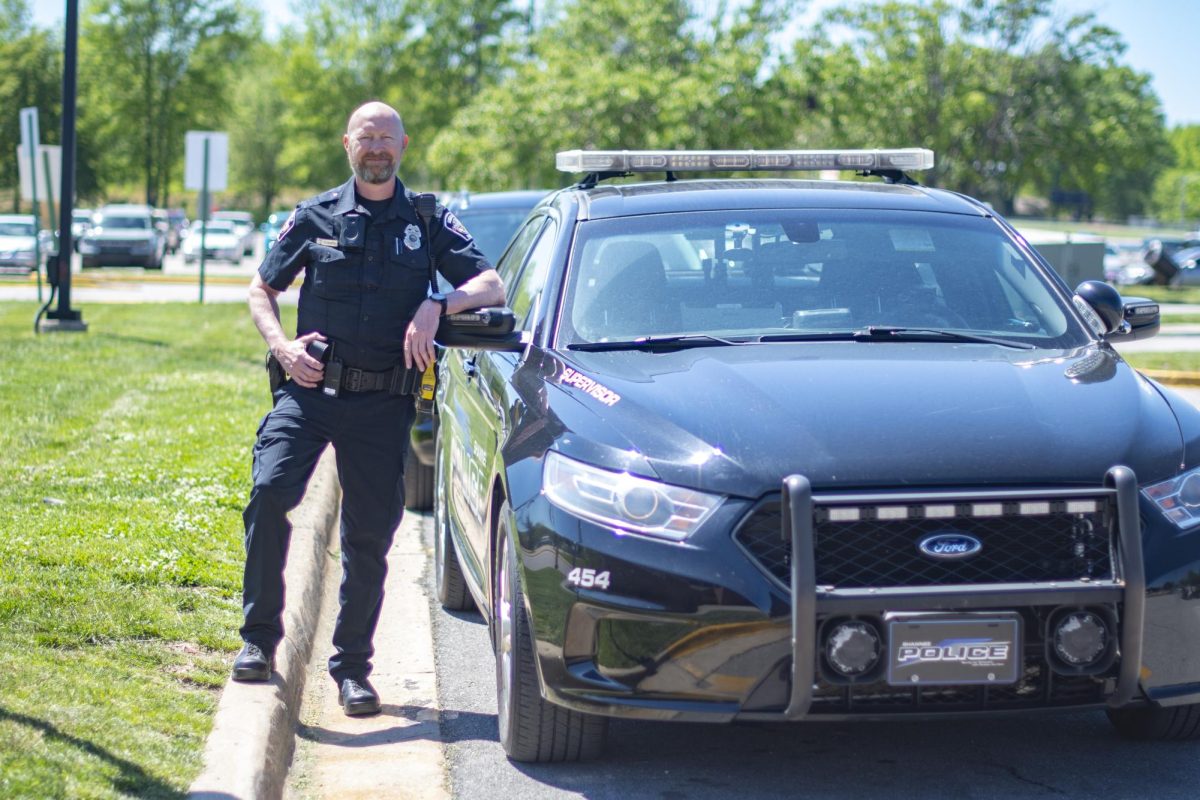
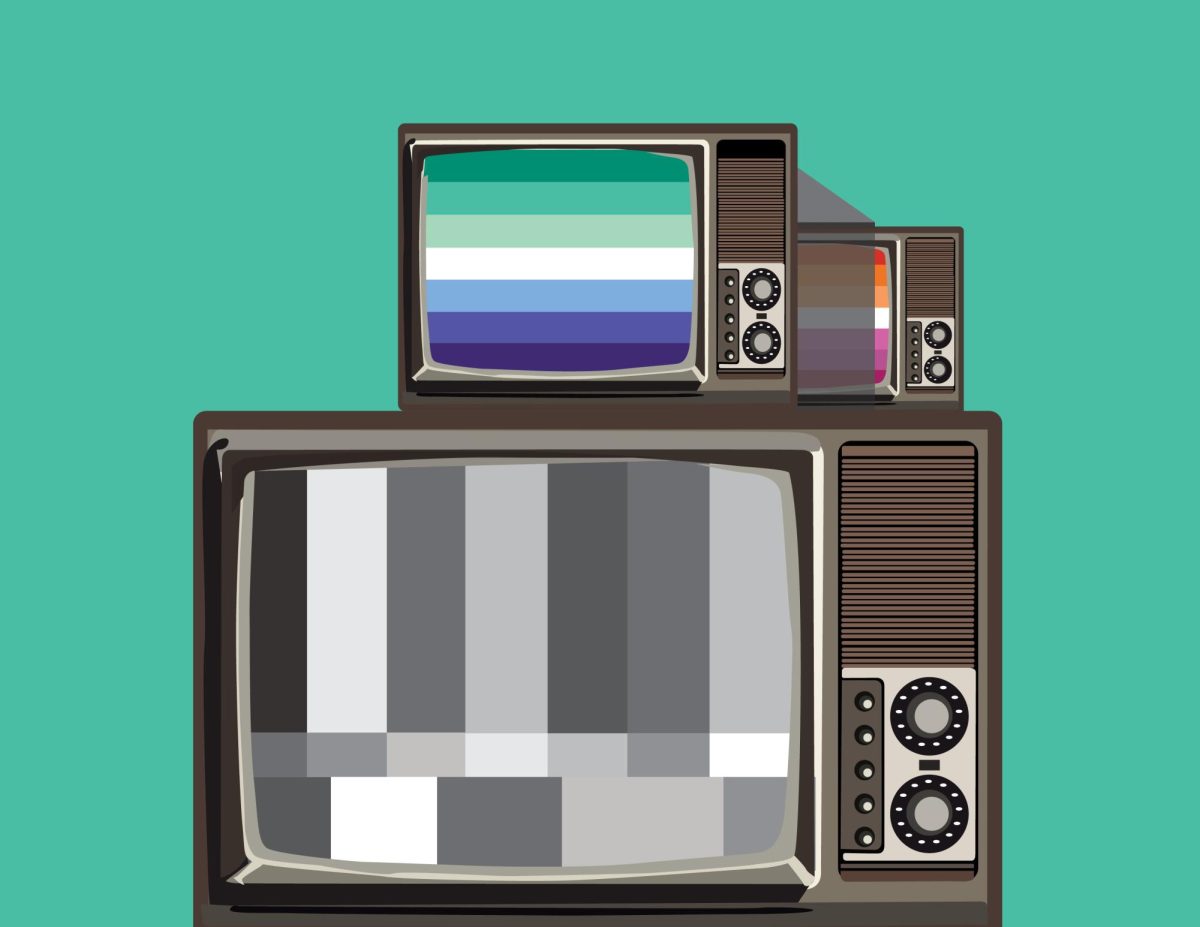
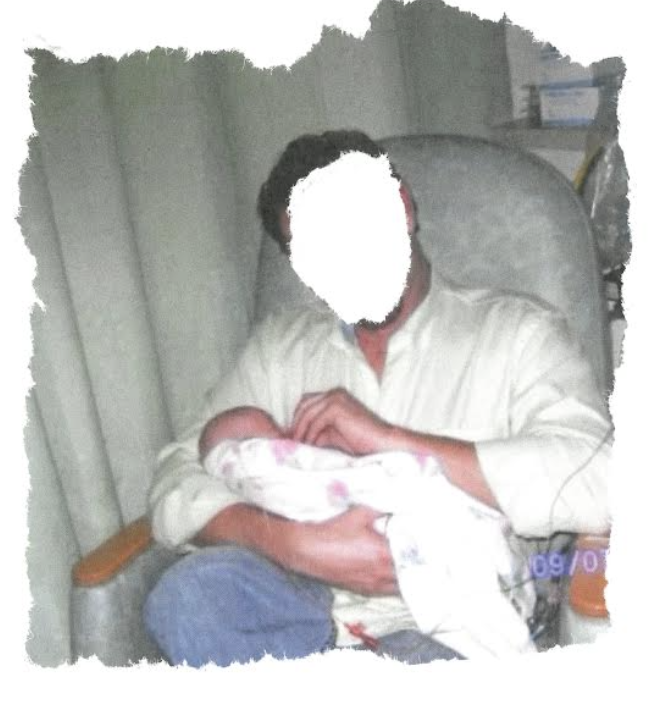
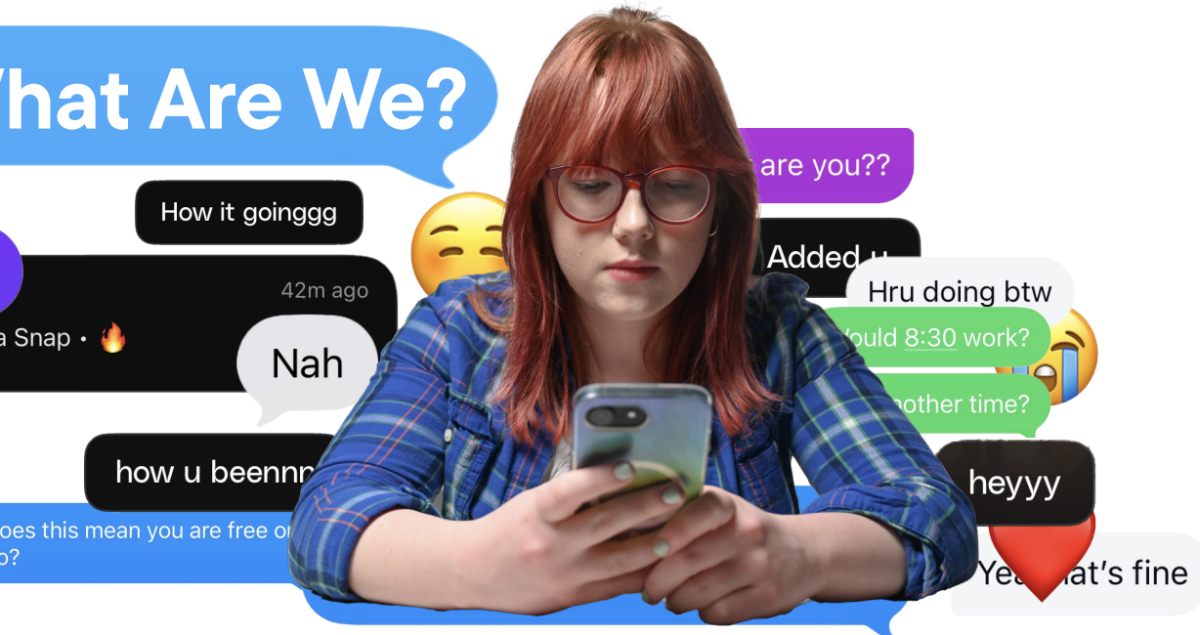
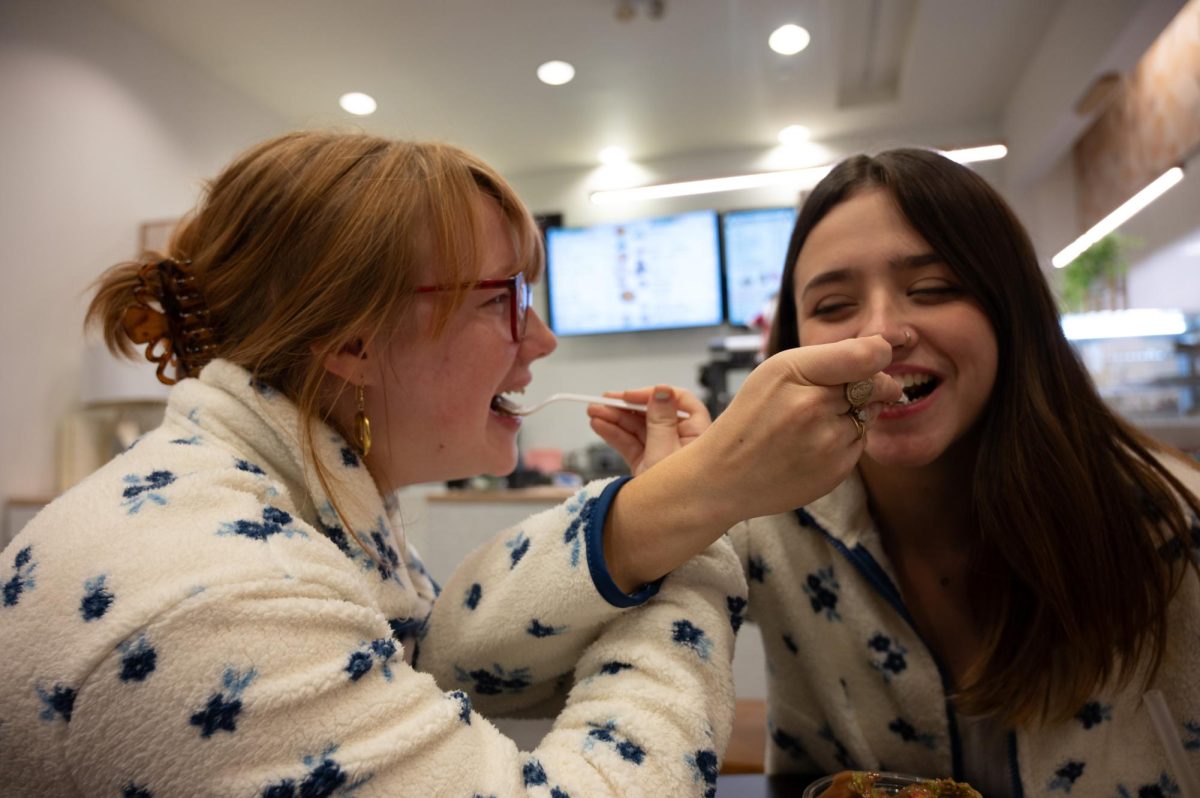


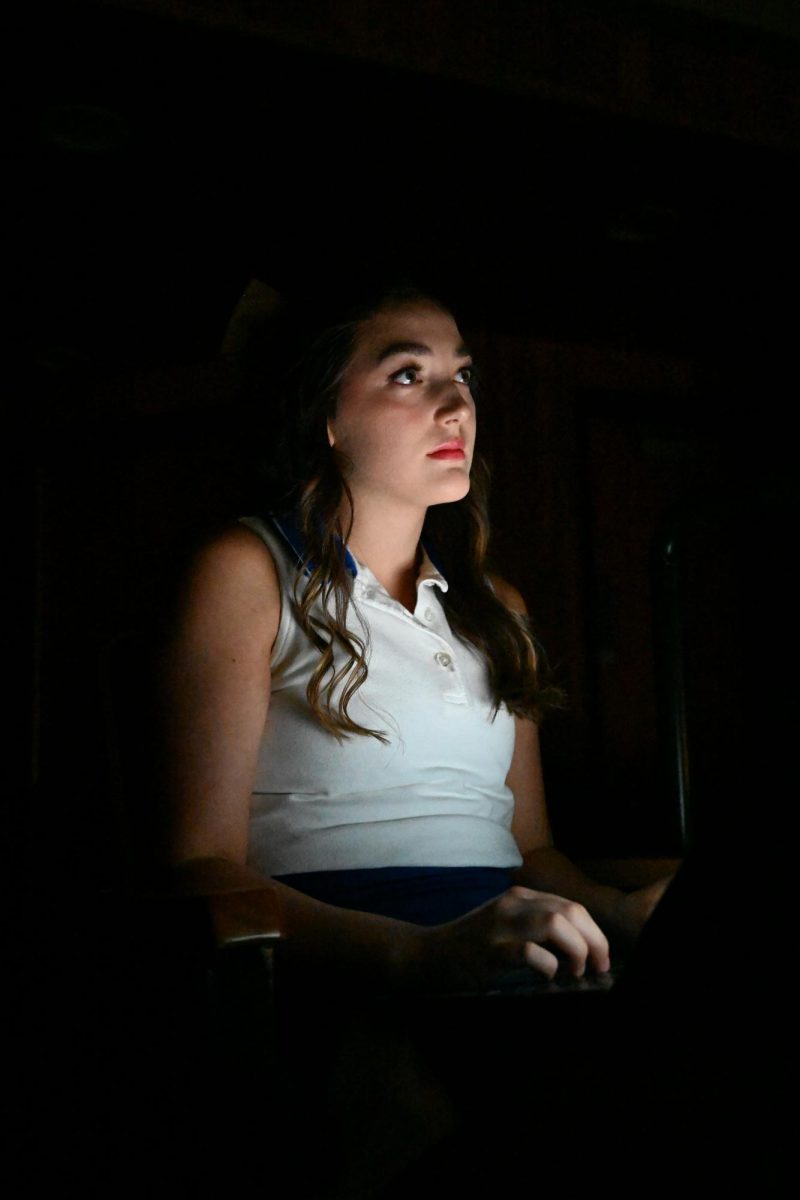

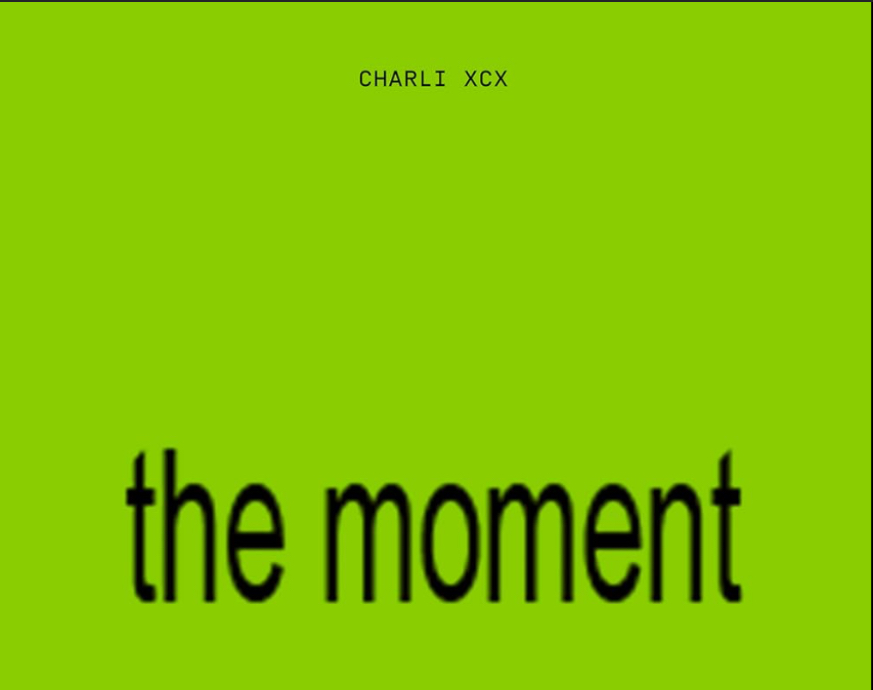
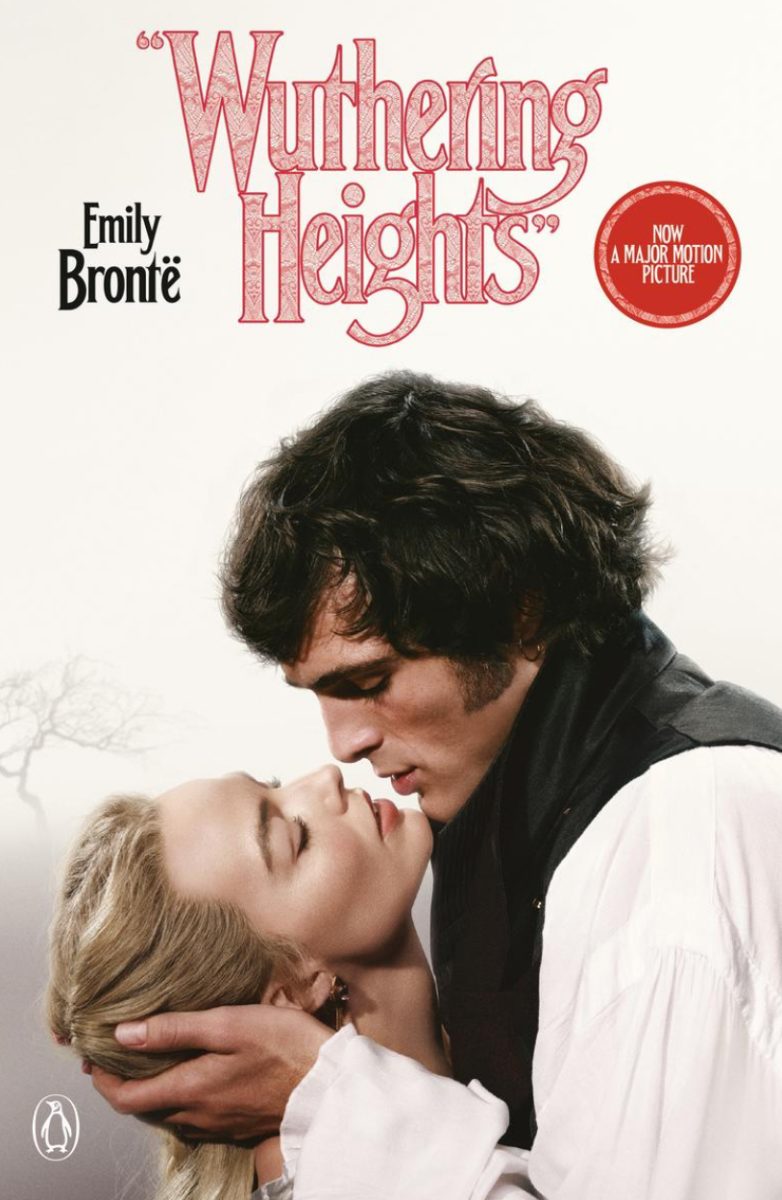
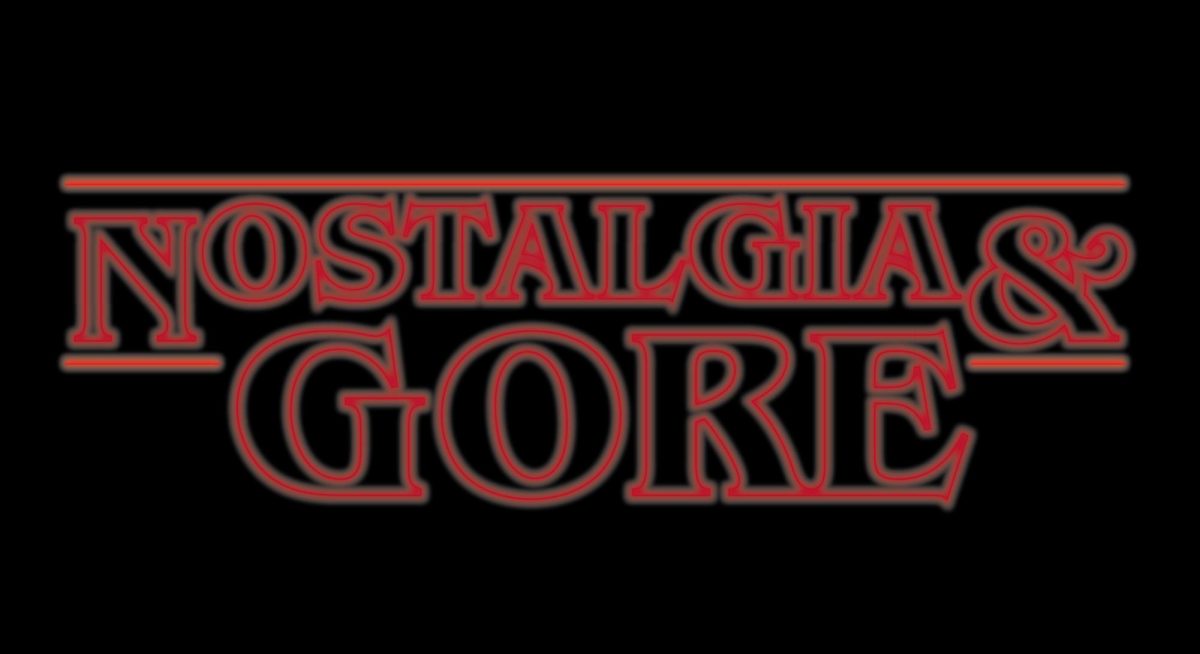

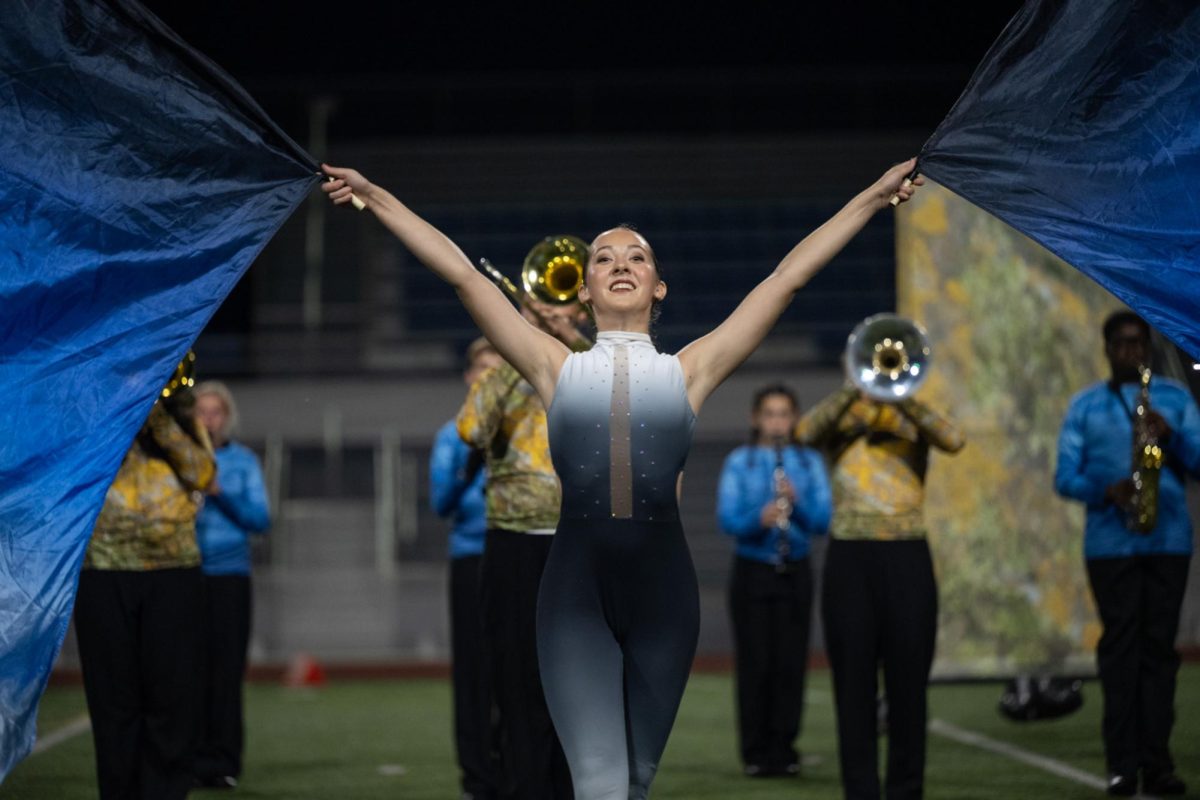
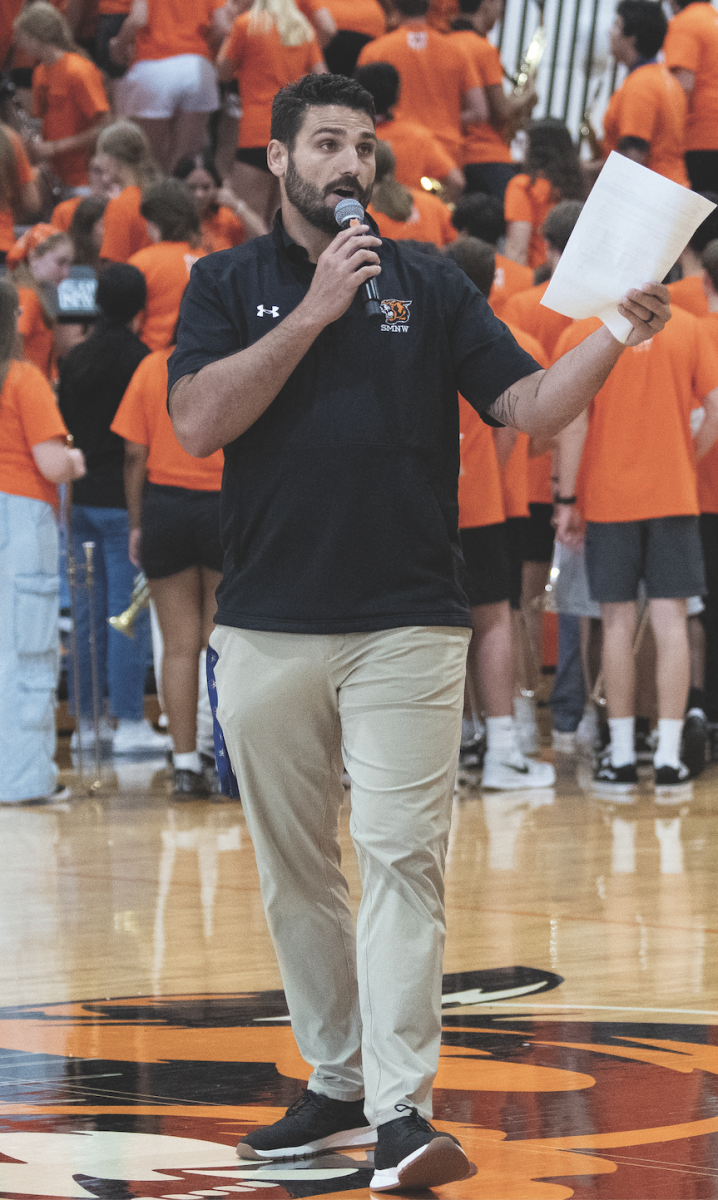
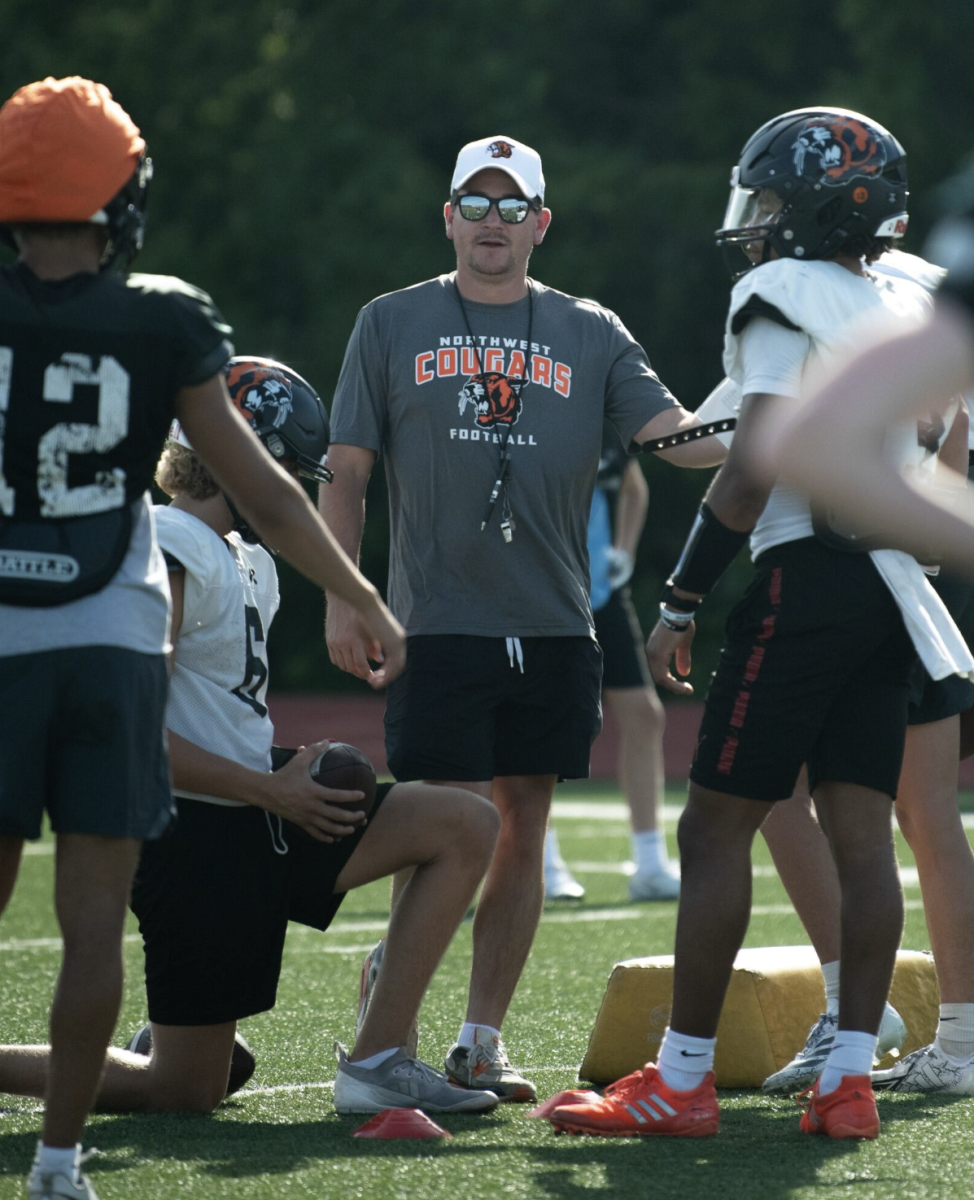
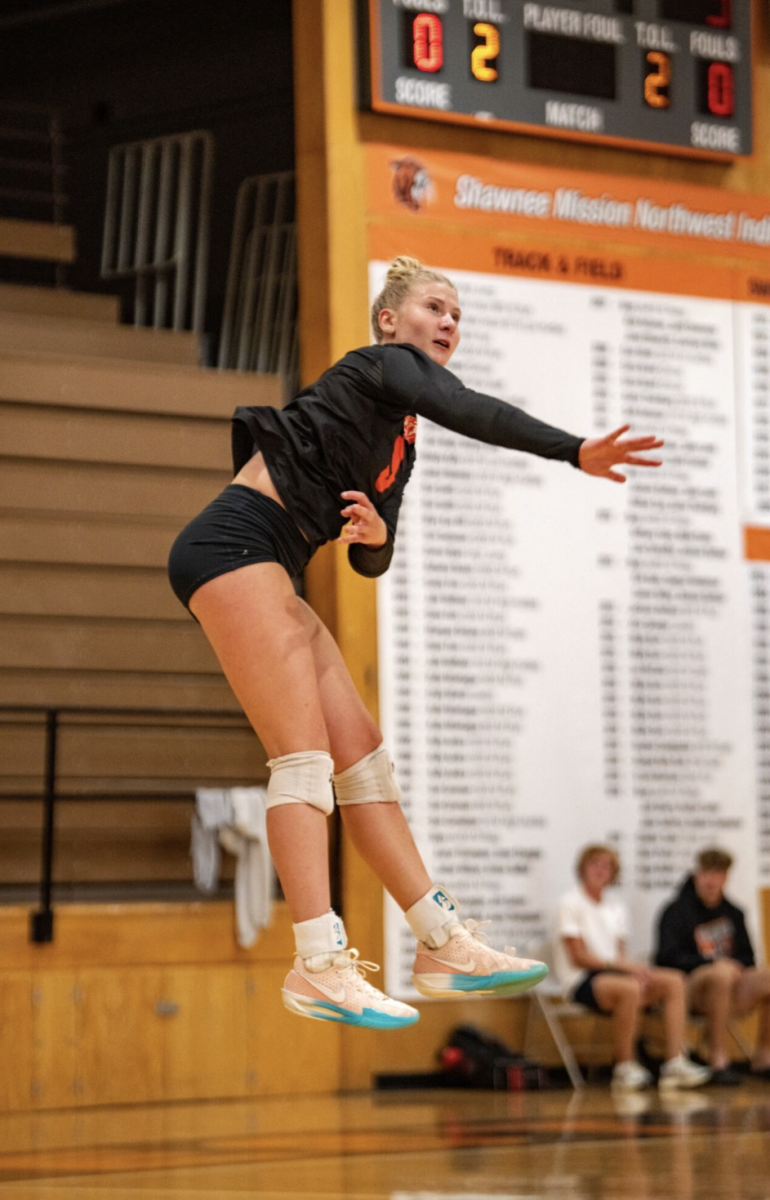

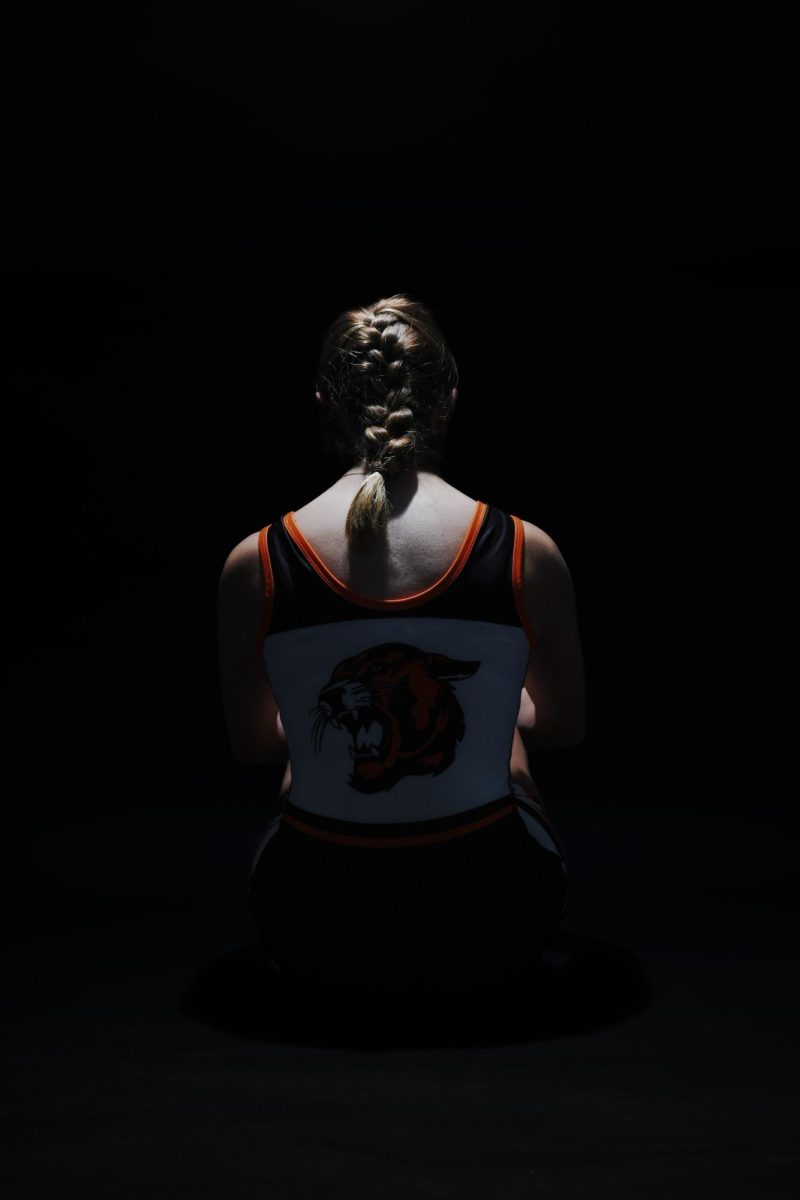
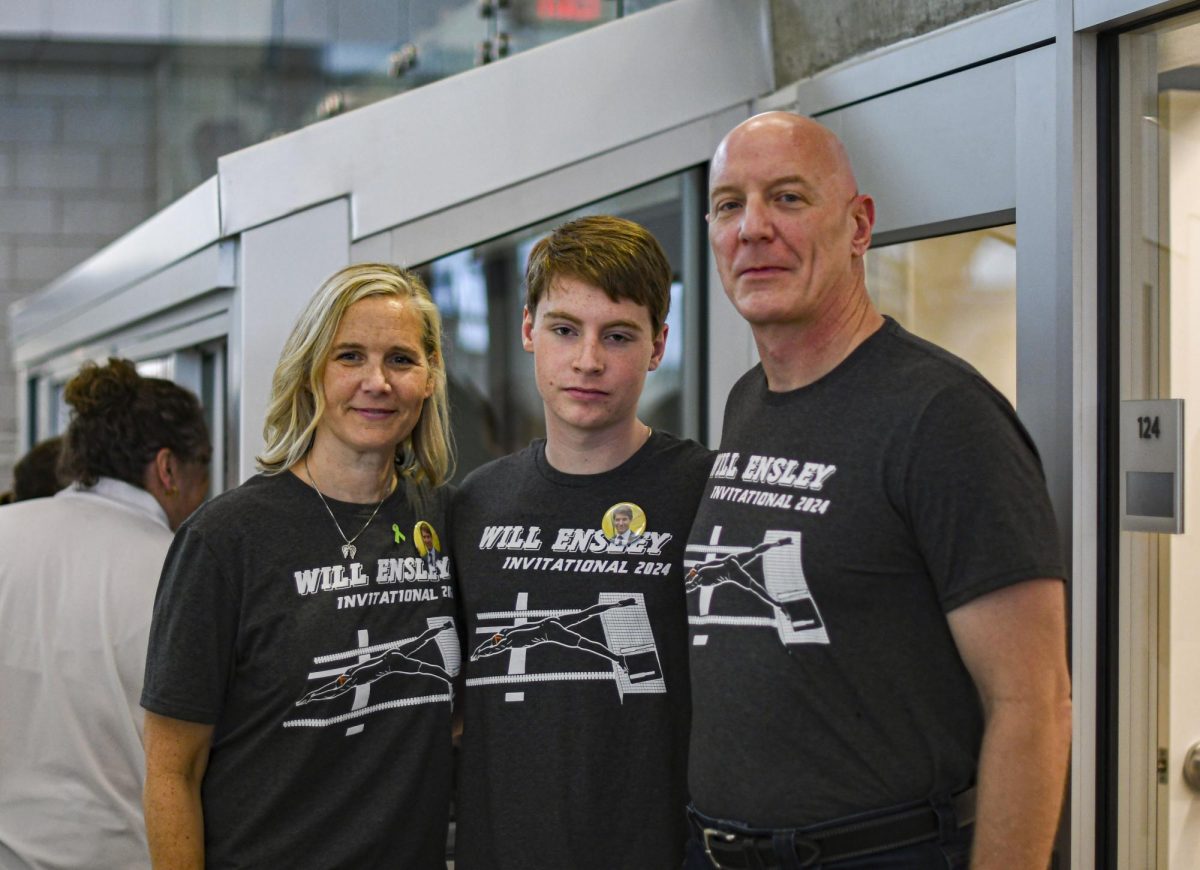

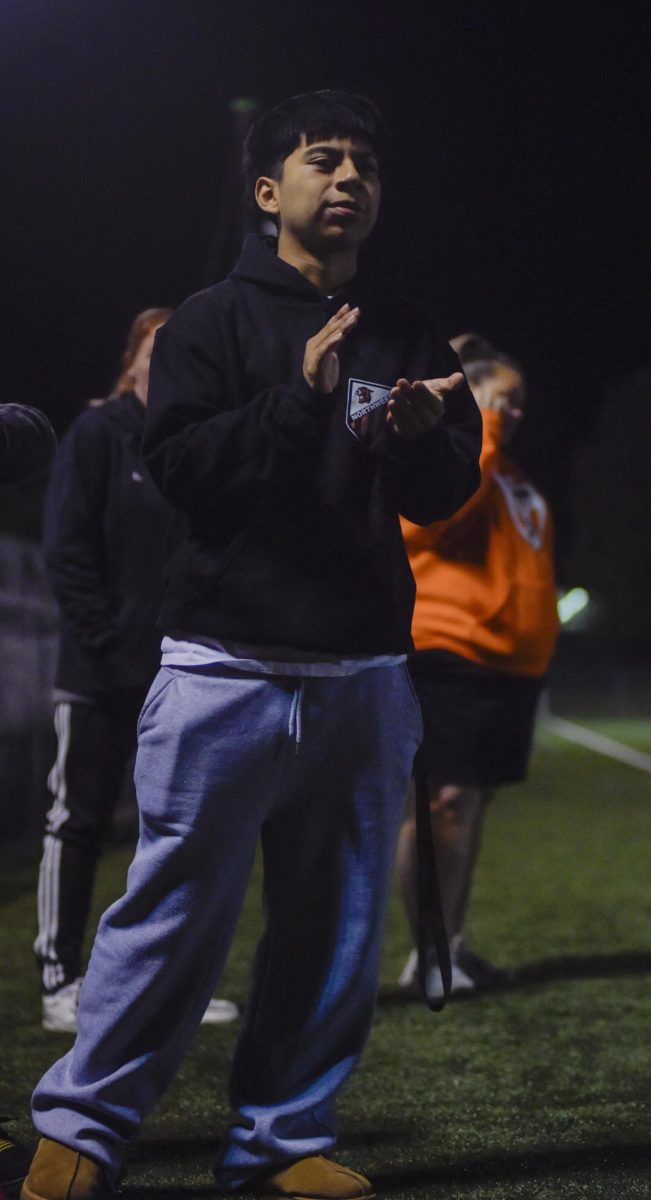
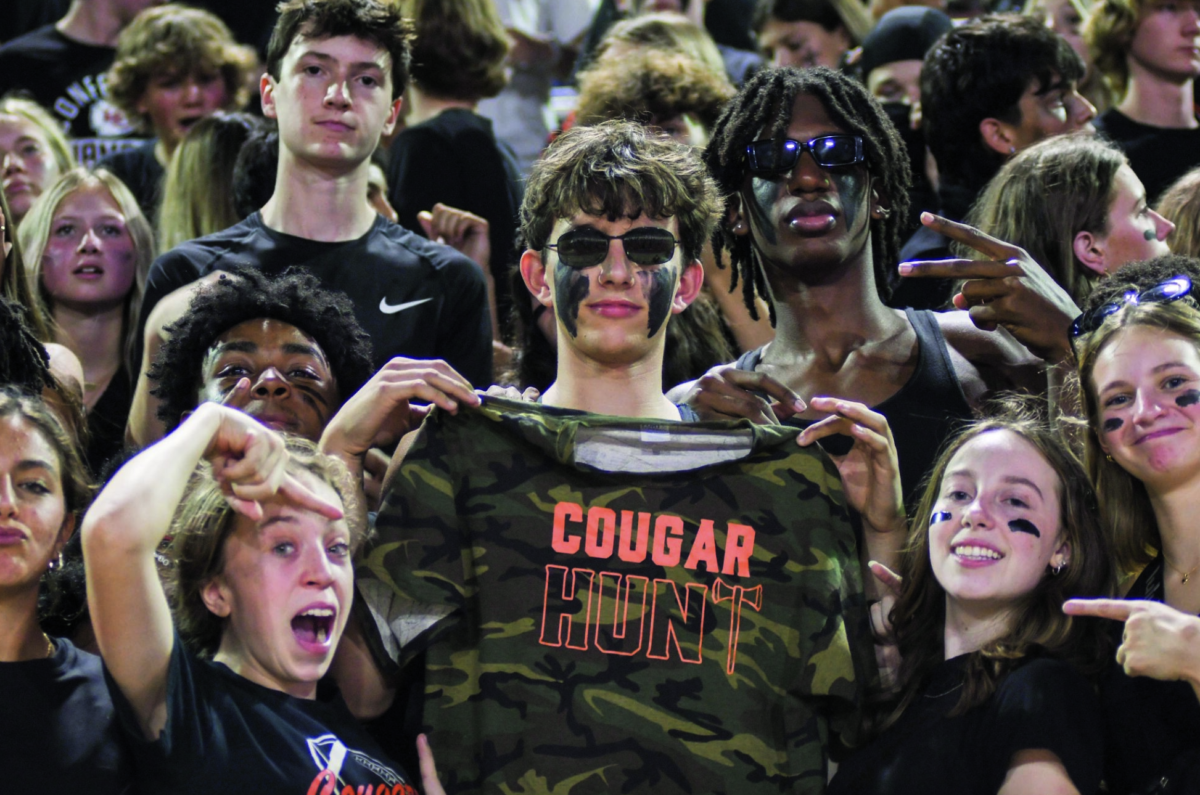
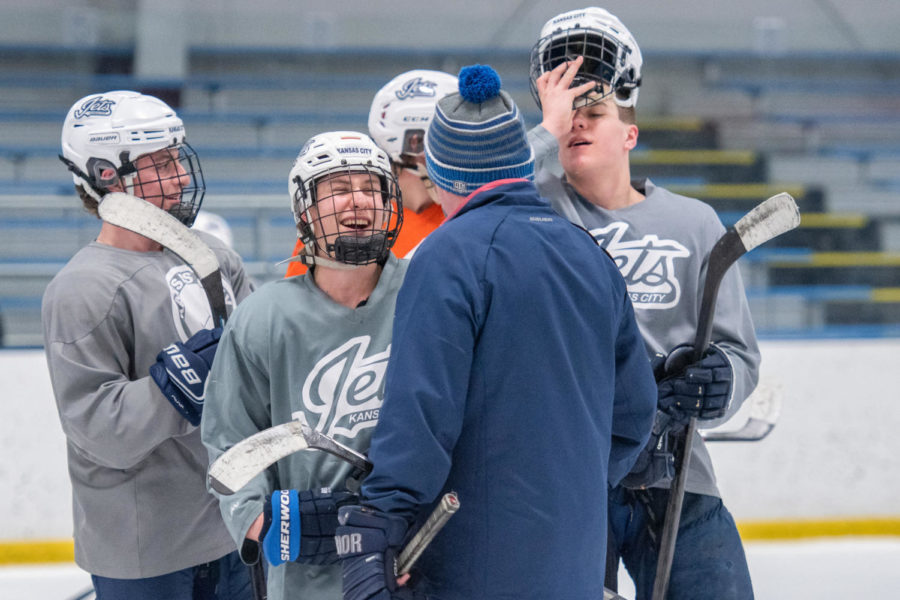
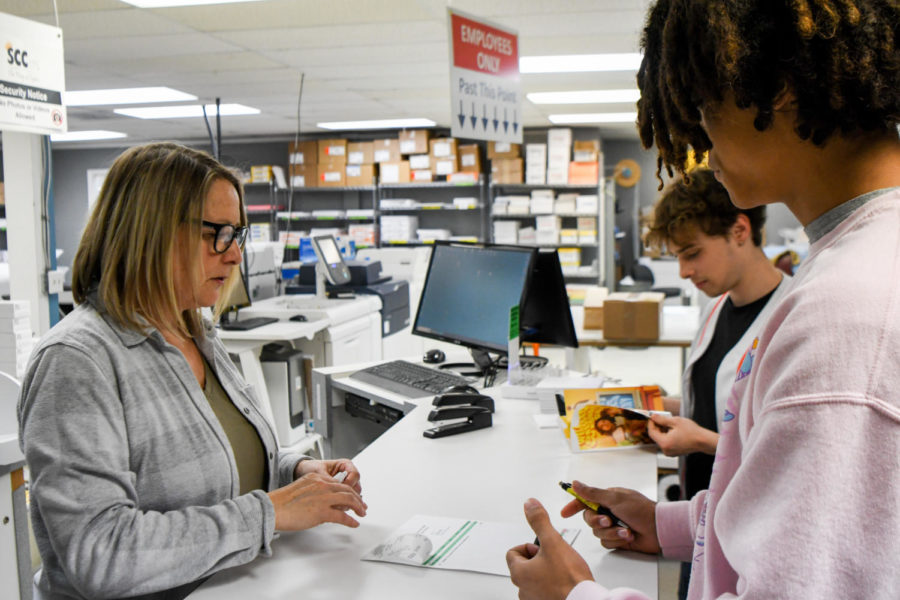
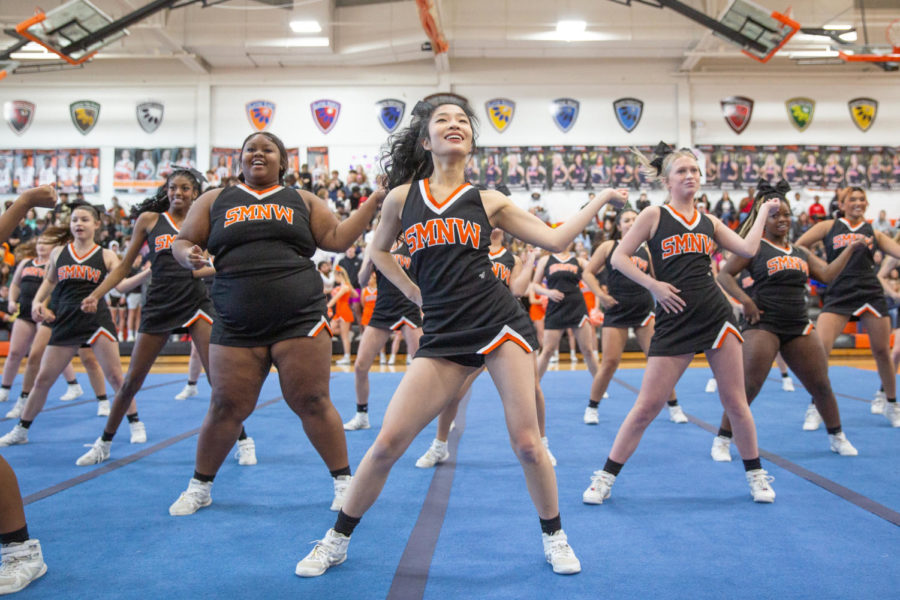

![Juniors Tad Lambert and Lily Reiff watch swim footage Jan. 19 in Room 153. Lambert and Reiff were editing their swim recap for Cougar Roundup. “[KUGR] is such a great environment for creativity but also to form amazing friends,” Lambert said. “KUGR has become like a home for me and I feel like I’ve gotten super close with so many other members.”](https://smnw.com/wp-content/uploads/2023/01/ejohnson_KUGR_7-900x600.jpg)


